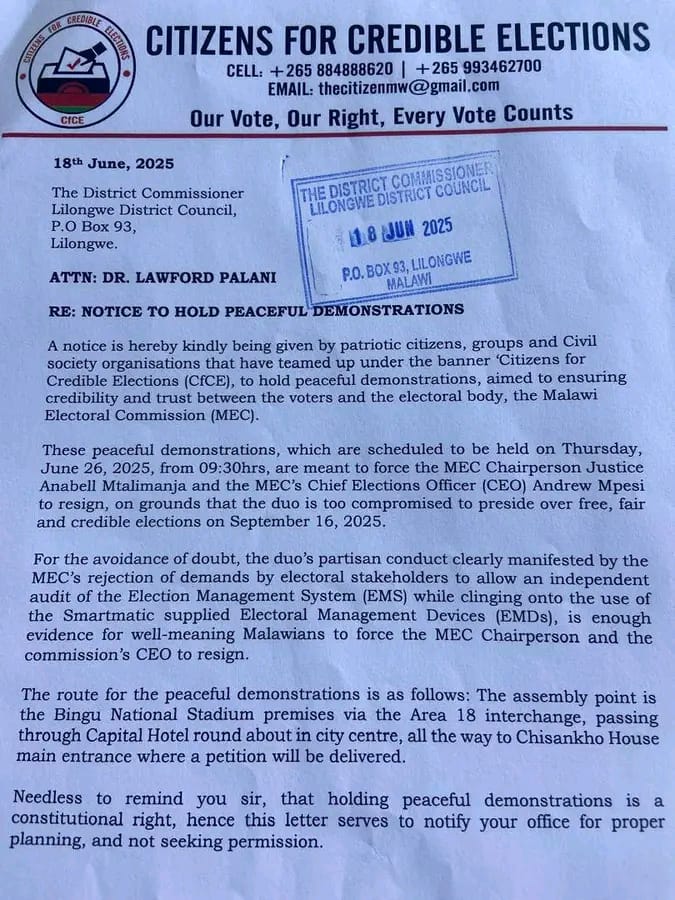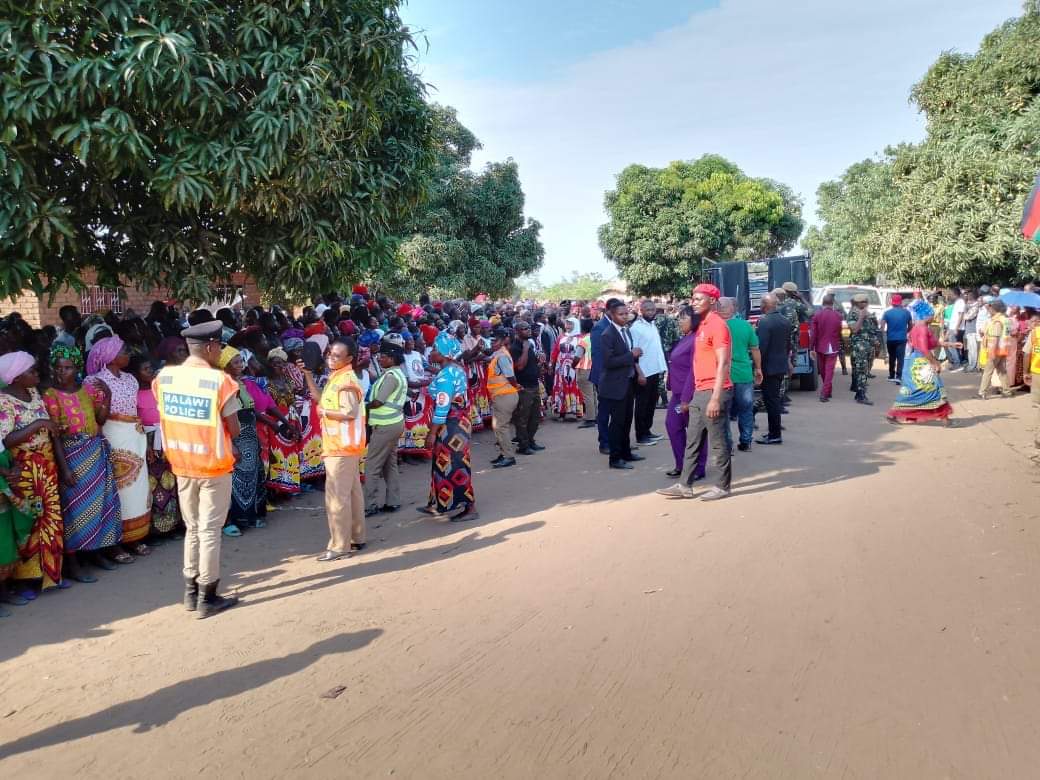BY: NAFE TIDYEPO
Lilongwe: Malawi’s Vice President, Michael Usi, is facing criticism for his focus on providing loans through the National Economic Empowerment Fund (NEEF) while the country grapples with severe hunger and economic problems.
Some argue that since his appointment, Usi has been acting more like a NEEF agent, neglecting other critical government departments that could help turn around the economy.
A socioeconomic commentator from the Malawi University of Business and Science (name withhel) notes that while NEEF loans are beneficial, they alone cannot revive the economy. “The country needs fiscal measures to reduce inflation, ensure essential goods and services, and transform the economy,” he emphasizes.

Usi’s market visits, where he promotes NEEF loans, have sparked concerns that he’s overlooking other pressing issues. “With the president away, all we hear about is Usi visiting markets, eating nsima, and playing traditional games. Is that all?” the commentator asks. He suggests that Usi should also visit hunger-stricken households and address the hunger situation across the country.
“Lack of comprehensive economic solutions, Usi’s focus on NEEF loans is seen as insufficient to address the economic crisis. Neglect of other critical departments that could contribute to economic growth are being overlooked which are likely to have political implications.
“Usi’s approach may harm his political career, potentially losing the UTM party presidency and his chance to be President Lazarus Chakwera’s running mate,” he added
Ironically, in his defense during his recent visit to Ntandire Market in Lilongwe, Usi emphasized his commitment to empowering ordinary Malawians through NEEF loans. He advocated for ‘no-collateral loans’ to support those unable to provide collateral, highlighted his desire to be a blessing to the people, listening to their concerns and working together on solutions.
As the debate continues, Malawians await more comprehensive solutions to their economic and hunger crises.




